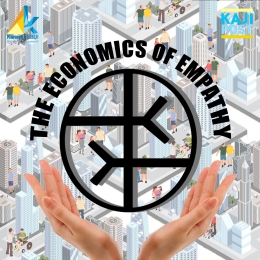Figure 1 above shows how improvements are being experienced more in almost all business aspects if the leaders incorporate empathy within their leadership role. These improvements can lead to a better business outcome since higher percentage of sales, employee productivity, operations' efficiency, quality of employee work, and consumer satisfaction will yield a higher return for the business.
In addition, when leaders are being empathetic, it will induce their employees to feel more engaged with the company thus making them work with more effort and generate better productivity. This factor also has an effect on the degree of turnover of one's company to be lower since the employees now have a sense of belonging towards the company. They simply don't want to disappoint their 'empathetic' leaders and it is already within human nature to return or reciprocate an act of kindness.
Besides that, referring to what we know as empathy-altruism behavior, it is evident that with empathy, altruistic behavior will be generated and it actually increases the probability of sharing behavior for about 40%. In this sense, sharing behavior that's engaged with empathy will motivate people to help others, for example by providing medical support or integrating refugees. Society as a whole will be benefited with this act because through this, disadvantaged people will be fulfilled in terms of their needs.
In conclusion, it is evident that empathy is a value-added trait that people must have, especially in terms of considering their role in economy. With empathy, we can actually fill in the gaps of inequality or hardships that are being experienced with other people. Living with empathy can give hope towards the world that people will actually 'be there' to support others in need.
By: Sendy Jasmine Karunia Hadi | Ilmu Ekonomi 2017 | Staf Kajian Kanopi 2018
Other Reference:
Kirman, Alan et al. 2010. Selfish or Selfless? The role of empathy in economics. Accessed through https://www.ncbi.nlm.nih.gov/pmc/articles/PMC2827457/"
Baca konten-konten menarik Kompasiana langsung dari smartphone kamu. Follow channel WhatsApp Kompasiana sekarang di sini: https://whatsapp.com/channel/0029VaYjYaL4Spk7WflFYJ2H






